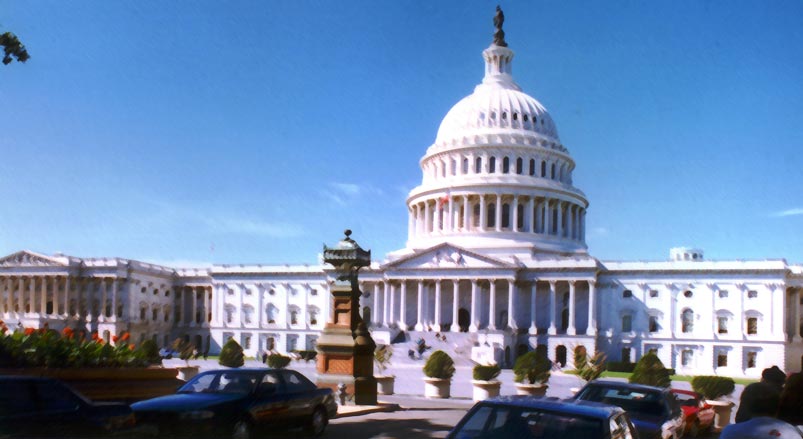The pen isn’t mightier than the independent regulatory commission.
The Dodd-Frank Wall Street Reform and Consumer Protection Act (or, more simply, “Dodd-Frank”) was passed in 2010 in response to the 2007-2010 financial crisis. It centralized and strengthened federal regulatory control of financial services industries. It is one of the most controversial and important pieces of legislation in decades.
With Dodd-Frank firmly in his sights, President Trump signed Executive Order (EO) 13772 on February 3, 2017. EO 13772 calls upon the secretary of the Treasury to evaluate financial regulations and identify those that are too burdensome. This order has been described by Trump and many media outlets as “rolling back” Dodd-Frank.
This is too simplistic. While it seems clear that Trump would like to roll back the regulations stemming from Dodd-Frank, the reality is that he can’t do it alone. There are multiple reasons for this, but the most important is the nature of the agency most central to the writing of the Dodd-Frank regulations.
To be sure, Dodd-Frank is a complicated piece of legislation. For example, among many other things, it established the Consumer Financial Protection Bureau. The central player in the act, however, is the Securities and Exchange Commission (SEC), which regulates the securities industry in the United States.
The SEC, which was established in 1934 in response to the stock market crash of 1929, has already adopted dozens of regulations mandated by Dodd-Frank and is finalizing a handful more.On a day-to-day basis, the SEC’s regulations are largely beyond the reach of the president, because the SEC is an independent regulatory commission rather than an executive agency. The president nominates members of the five-person commission, subject to Senate confirmation, and former SEC Chair Mary Jo White has resigned, allowing Trump to nominate her successor. Obviously, enforcement and interpretation of the existing regulations are at stake under her successor. However, Trump cannot merely sign an order and cause these regulations to be rolled back. Once appointed, SEC commissioners cannot be removed by the president, and, at least in theory, the regulations required by Dodd-Frank cannot be entirely repealed by the SEC without new legislation (though they can be modified).
As with the Affordable Care Act, Trump cannot undo Dodd-Frank without support from (many) other people and institutions in Washington. Obtaining such support will require some compromise and, more importantly, time. The financial services industries and their various critics will not stand on the sidelines as this plays out over the next few months and years.
To be sure, Trump and his advisers presumably know this. After all, Section 2 of EO 13772 says (emphasis mine): “The Secretary of the Treasury shall […] report to the President within 120 days of the date of this order (and periodically thereafter). …”I think President Trump is going to get more than a few “reports” on this, and not just from the secretary of the Treasury.

